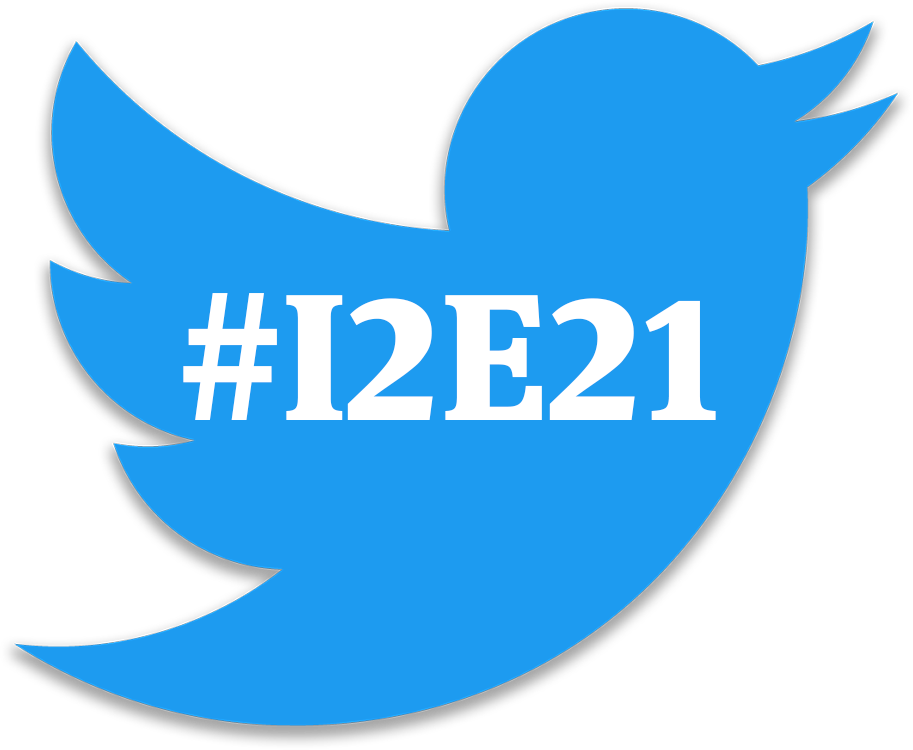Unit 5: Deontological Approaches

Photo: Colleen Hayes / NBC.
So far, the ethics of Immanuel Kant seems to be an abstract, formal affair. The Formula of Universal Law, which we have already seen, demands that we act on maxims that are universalizable. While this may lay out the form of the moral law (universal), it really does not tell us much about the meaning of it. In this module, we finally see what the moral law means to Kant. Namely the moral law is based on the idea that we owe each other respect.
There are four learning outcomes for this module. When you complete it, you will be able to…
- Explain how the human will combines elements of sentience and sapience to make it a free will,
- Compare and contrast hypothetical and categorical imperatives,
- Reflect on how your intentional and autonomous choices demonstrate your dignity as a person, and
- Describe what it means to treat a person as an end in themselves and not merely as a means.
Read This:
|
Second Section: Transition from popular moral philosophy to the metaphysics of morals 
|
Kant’s Core Ideas 
|
Context
In the second section of the Groundwork of the Metaphysics of Morals, Immanuel Kant introduces the idea of imperatives, that is, commands that apply to rational beings like us with a free will. For Kant, this is an interesting puzzle. After all, if humans truly have free will, how is it possible for the moral law to command them to do anything? After all, don’t all laws limit and restrict our free will and autonomy? In light of all this, how could a moral law ever be binding to rational beings like us?
In addressing this puzzle, Kant introduces the idea of a categorical imperative: a command that holds for all rational beings regardless of their subjective desires, inclinations, and appetites. The categorical imperative discussed by Kant in this reading states that a person’s actions are right if and only if the maxim it is based upon is such that it treats all people as ends in themselves and not merely as means to whatever ends the agent may have. According to Kant, this is the essence of respect for a person. The reading from James Rachels and Stuart Rachels help flesh out this idea.
Kant then uses this to explain an ideal kingdom of ends, which is a democratic republic that is “the systematic unity of several rational beings through common laws” (1785/2012, p. 45) which the citizens make for themselves. In this kingdom, every person is both a follower (subject to the law) and a leader (making those laws). The laws of this kingdom then make up the moral law binding on all rational beings like us.
This solves Kant's puzzle about what kind of laws can command a rational being with free will: the laws that a person has set down for themselves in accordance with reason. In other words, it is tyranny for you to force me again my will to obey the laws you have ordained. However, it is the essence of free will and autonomy for me to obey the laws that I have set down for myself (again, in accordance with reason).
The categorical imperative therefore demands that I respect my own autonomy as well as that of all other rational beings.
Reading Questions
As you read, keep these questions in mind:
- Immanuel Kant begins this reading with a discussion about the different types of principles that command rational beings like us. According to Kant, what does it means for beings like us to have a will? What is a “holy will” (Kant, 1785/2012, p. 28) and how is it different from our fallible human will? Why does this lead to a discussion of imperatives? What are the differences between hypothetical and categorical imperatives?
- According to Kant, what does it mean for something to have “conditional” or “relative worth” (1785/2012, p. 40)? Why does Kant believe that many (maybe most) of the things that a rational being pursues only have this type of value? Why are things of relative worth only connected to hypothetical imperatives?
- On the other hand, what does Kant mean by saying that something has “absolute worth” (1785/2012, pp. 40–41)? Why are things of absolute value connected to categorical imperatives? According to Kant what has absolute worth and why?
- How does identifying absolute worth provide the ground for the categorical imperative that “you use humanity, in your own person as well as in the person of any other, always at the same time as an end, never merely as a means” (Kant, 1785/2012, p. 41)?
- Kant (on pages 43–48) introduces the idea of a legislating will. Why does Kant believe that all our choices involve, in some sense, creating laws for all rational beings? Why does Kant believe that you can only truly respect and obey a law that you have imposed on yourself?
Although I strongly suggest that you write out brief answers to these questions, you do not have to turn in written responses. You do, however, need to be prepared to answer questions like these on module quizzes and the unit exams.
References
Kant, I. (2012). Second section: Transition from popular moral philosophy to the metaphysics of morals. In M. Gregor & J. Timmermann (Trans. & Eds.), Groundwork of the metaphysics of morals (Revised ed., pp. 21–55). Cambridge University Press. (Original work from 1785)
Rachels, J., & Rachels, S. (2018). Kant’s core ideas. In The elements of moral philosophy (9th ed., pp. 145–148). McGraw-Hill.
Watch This:
|
Video 1 
|
Video 2 
|
|
Video 3 
|
Video 4 
|
Do This:
|
Module 26 Quiz 
Due: November 20 |
|
|
5 Tweets this Week 
Due: November 20 |
|
|
Unit 5 Exam 
Due: November 21 |
|
Submit the Unit 5 Exam here! |


